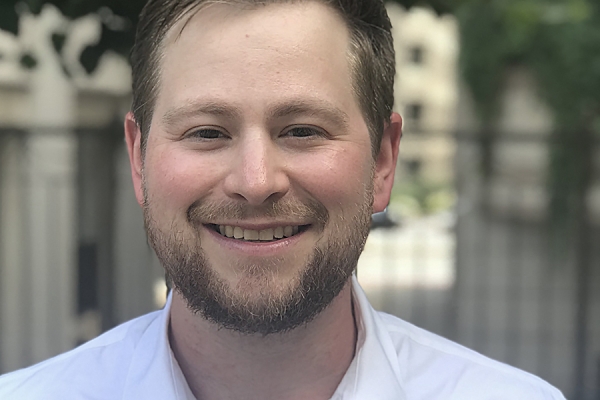 Hugh MacIsaac will receive $200,000 annually for seven years under the Canada Research Chair program to study invasive species in the Great Lakes.
Hugh MacIsaac will receive $200,000 annually for seven years under the Canada Research Chair program to study invasive species in the Great Lakes.
The invasive zebra mussel appears to have met its match in the quagga mussel, and UWindsor researcher Hugh MacIsaac intends to find out why.
Dr. MacIsaac is researching why quagga mussel populations are exploding in the Great Lakes while zebra mussels are waning. He will collaborate with colleagues at UWindsor’s Great Lakes Institute for Environmental Research (GLIER) to study the species at the level of their molecular DNA.
MacIsaac’s research is being funded through the federal Canada Research Chairs program. The post is one of 156 new and renewed Canada Research chairs announced Tuesday.
MacIsaac is being renewed as a Canada Research Chair in Aquatic Invasive Species. The position comes with $1.4 million in funding — $200,000 a year for seven years. MacIsaac has held the chair since 2014.
Zebra mussels are believed to have been introduced to the Great Lake in the 1980s, hitching a ride in ships’ ballast. The fingernail-sized mollusks created havoc on water treatment systems, clogging intake pipes. Their relative, the quagga mussel, is a more recent arrival.
“We’ve seen the quagga mussel displace the zebra mussel in most locations in the Great Lakes,” MacIsaac said. “No one knows why this is happening.”
One theory, MacIsaac said, is that zebra mussels are being “starved out” by quagga mussels. Both filter plankton from the water and quagga mussels might be at a competitive advantage when food supply is low if it possesses greater efficiency. To test the theory, MacIsaac will conduct feeding trials in his lab.
Another theory concerns the thermodynamics of the Great Lakes. MacIsaac, who has plumbed Lake Erie in a military submarine to collect mussel samples, knows first-hand that quagga mussels can live in colder, deeper waters. He has seen them living on the lake bottom. Zebra mussels live only in shallower environments, forming a ring in the top 10 metres of water along the shoreline.
“It’s like a bathtub scum line, if you will,” MacIsaac said.
MacIsaac intends to conduct field studies on mussel reproduction to determine if quagga larvae are “swamping” zebra mussels as a result of larger total population size in the lake. He will use e-DNA techniques pioneered by GLIER researcher Daniel Heath, relying on genetic markers in water samples to determine larval abundances of both mussels species.
Both invasive mussels kill off native freshwater mussels by attaching themselves to their shells and outcompeting them for food. They also compete for food with larval fish, threatening fish populations, and they contribute to harmful algal blooms.
On the plus side, for ducks and fish species that eat molluscs, they are a plentiful food source. And in cottage country, they possibly enhance real estate values by making lakes clearer by filtering suspended particulates from the water.
The overall benefits and detriments will be part of MacIsaac’s research.
“It’s difficult to predict what the effects are going to be because it’s system-dependent, but the zebra and quagga mussels are among the most transformative of any invasive species in the world,” he said.
MacIsaac will undertake his mussel research while continuing his work on the Plateau Lakes in western China’s Yunnan province. The lakes are troubled by a suite of problems similar to the Great Lakes, MacIsaac said, so he can draw parallels in his research.
K.W. Michael Siu, UWindsor’s vice-president, research and innovation, said MacIsaac’s research puts UWindsor and its region at the cutting edge of knowledge about the Great Lakes and the invasive species taking up residence in them.
“Dr. MacIsaac is a renowned expert about invasive species in the Great Lakes,” said Dr. Siu. “His renewal as a Canada Research Chair in Aquatic Invasive Species is a well-deserved recognition of that. We thank the federal government for continuing to fund and celebrate research excellence.”
The Canada Research Chairs program is a national strategy to propel the nation to the forefront of research and development in the world. The program, launched in 2000, invests up to $295 million each year to attract and retain a diverse cadre of world-class researchers in engineering, the natural sciences, health sciences, humanities, and the social sciences.
They, in turn, train the next generation of Canadian researchers.
In announcing this year’s investment in the program during a news conference in Trois-Rivières, Que, François-Philippe Champagne, federal minister of innovation, science, and industry, said Canada’s researchers give the country a stronger, more promising future.
“You are literally helping Canada meet the challenges of today and tomorrow,” he said.
—Sarah Sacheli



